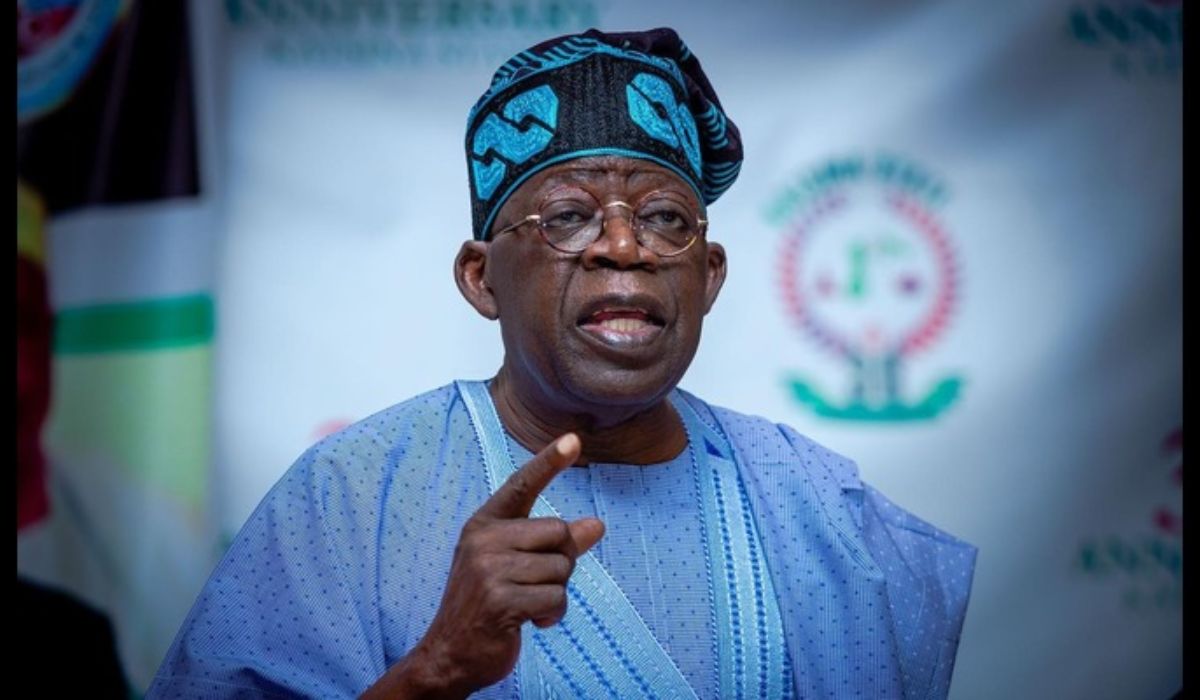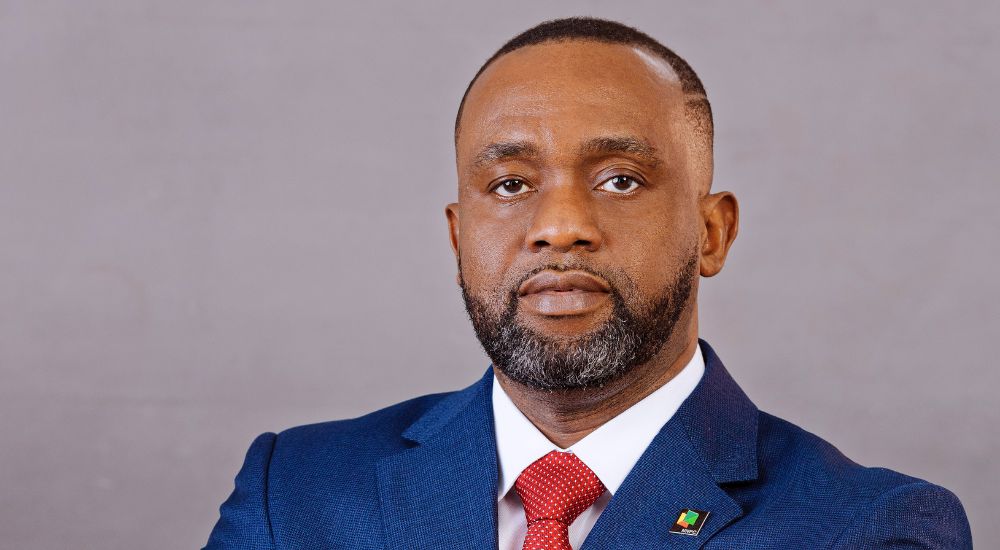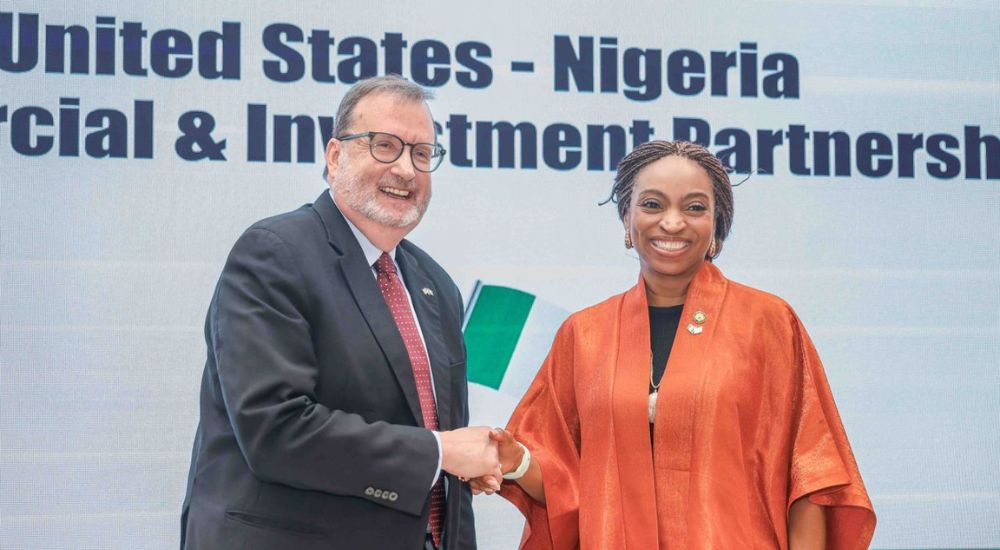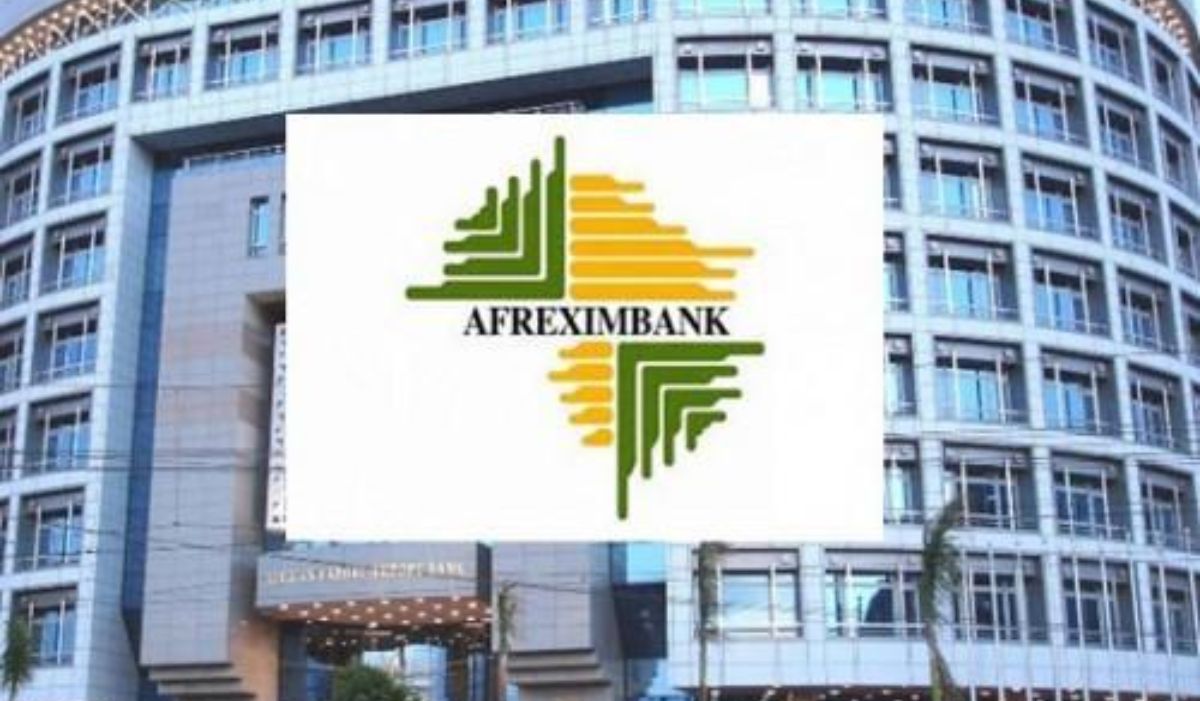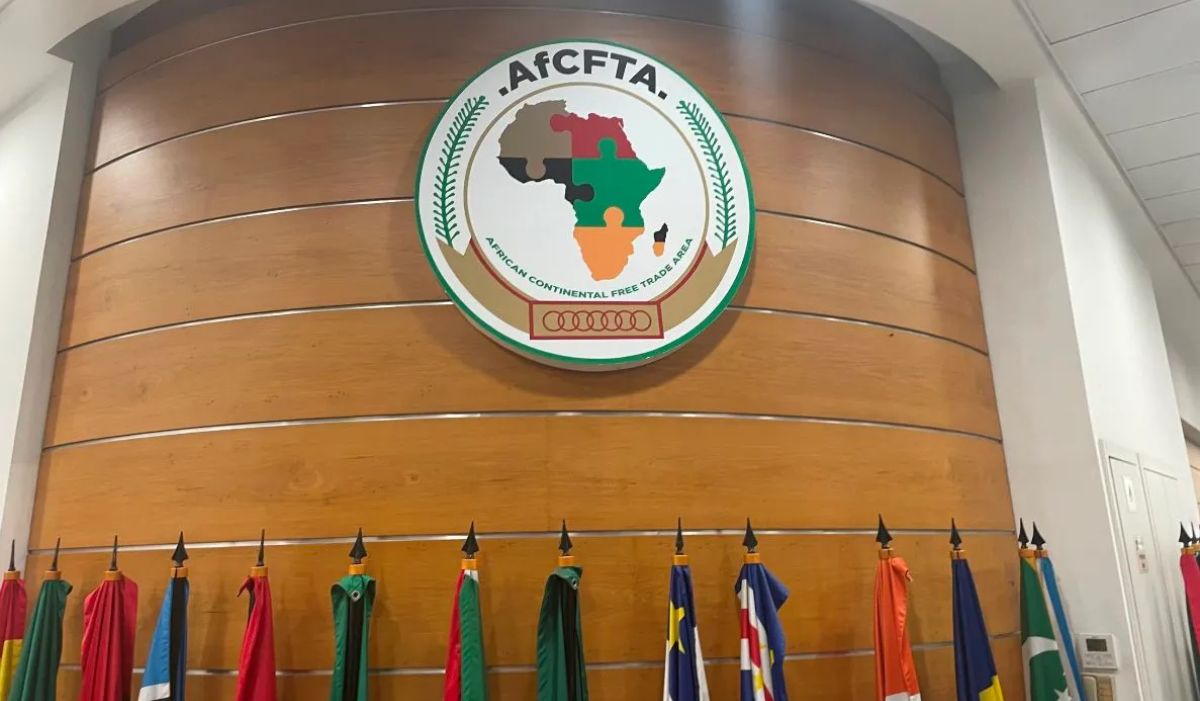Africa to Overtake Europe Economically by 2050, Nigeria to Join Global Top 10 — Jason Miller
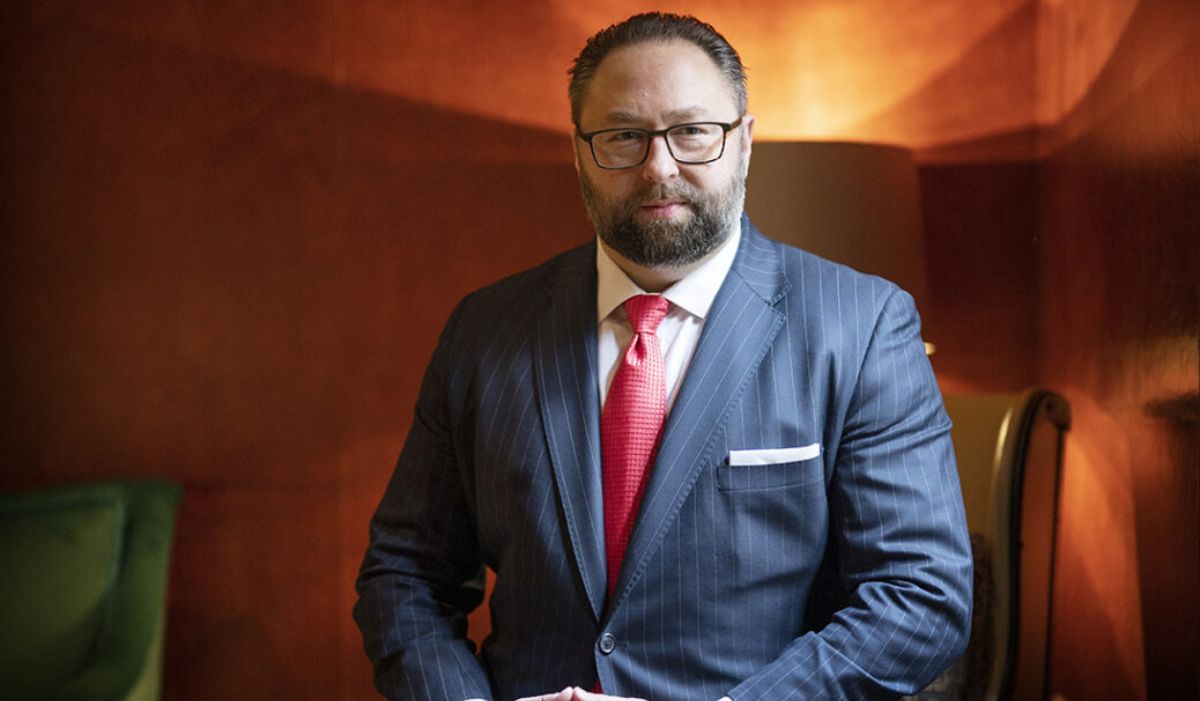
Africa is projected to surpass Europe as the world’s third-largest economic bloc by 2050, with Nigeria entering the top ten global economies, according to Jason Miller, communications strategist and former senior advisor to President Donald Trump.
Miller presented this forecast at the ongoing Afreximbank Annual Meetings in Abuja, offering both optimistic projections and cautionary guidance for U.S.-Africa trade relations.
Speaking to a distinguished audience of policymakers, financiers, and business leaders in a discussion with Gateway Partners CEO Viswanathan Shankar, Miller described Africa’s economic ascent as inevitable, while emphasising that realising its full potential requires strategic decision-making at the continental level.
“By the year 2100, sub-Saharan Africa will be home to four of the world’s most populous countries,” he said. “This is Africa’s century, but if these opportunities aren’t seized strategically, Africa risks being taken advantage of again.”
Miller delivered sharp criticism of historical global engagement with the continent, asserting that foreign entities “took, took, took, leaving broken promises.” He presented America’s approach as fundamentally different—based on private sector partnerships rather than debt entrapment, military interference, or hollow commitments.
“This is not debt diplomacy. This is market-driven investment that requires mutual accountability,” he said.
He outlined three essential requirements for African nations to secure and maintain substantial U.S. partnerships.
First, Africa must insist on genuine value while avoiding unsustainable loan arrangements disguised as development assistance. Miller emphasised that future-oriented infrastructure—including roads, ports, data centres, and renewable energy—should be the focus of foreign direct investment. He highlighted Africa’s vast critical mineral reserves and large youth population as key assets for global AI supply chain leadership.
“This is like the Industrial Revolution,” he said.
Second, improvements in the business environment must accelerate. Miller stressed that contract enforcement, currency stability, and anti-corruption initiatives are essential—not optional—for attracting U.S. pension funds and private investor capital. He acknowledged Nigeria’s recent currency reforms as “gutsy,” while calling for broader, faster reforms across the continent.
Third, Miller urged African leaders to choose partners wisely. Drawing sharp contrasts between Chinese engagement—which he linked to “unregulated fishing, environmental disasters, and crippling debt”—and America’s contributions, including PEPFAR’s HIV/AIDS efforts, military support against Boko Haram, and regional conflict mediation, he emphasized the importance of respecting sovereignty.
“True friendship respects sovereignty and borders,” he stated.
On U.S. policy, Miller addressed the uncertain future of the African Growth and Opportunity Act (AGOA), which is set to expire in September 2025.
“Why renew one-way preferences if African nations impose tariffs on U.S. goods or favor Chinese partners?” he asked, calling for a renegotiation based on reciprocity.
He defended Trump-era tariffs as strategic tools for protecting U.S. industries and securing fair trade agreements. He described the U.S. Development Finance Corporation (DFC) as a major force for African growth, citing profit-driven investments in projects like the Lobito Corridor and Mozambique LNG.
“This is revenue-generating capital, not debt,” Miller said, urging reforms to attract major investors like BlackRock and CalPERS.
Miller offered direct guidance to African leaders: arrive prepared.
“Follow President Trump on Truth Social to understand his priorities before meetings. Don’t come for photo-ops—come with concrete asks and proposals,” he said.
He encouraged them to emulate Gulf states like Saudi Arabia and the UAE, whose targeted investments and peace diplomacy secured early access to U.S. leadership.
“Bring in CEOs and investors, not just bureaucrats. Tell Africa’s story in the language of capital,” he added.
Miller concluded with an urgent appeal: Africa’s potential must translate into measurable advancement. He advocated for AGOA renegotiation, accelerated reforms, infrastructure investment linked to mineral exports, and aggressive DFC engagement.
“Above all, champion stability. It is the bedrock of investment,” he said.
In a final announcement, Shankar revealed Miller’s appointment as Senior Advisor to Gateway Partners—a position Miller pledged to use to channel U.S. capital toward Africa’s emerging industries.
“Don’t settle for lip service. Demand partnerships. That’s how Africa becomes powerful, wealthy, and great on its own terms,” Miller concluded.

